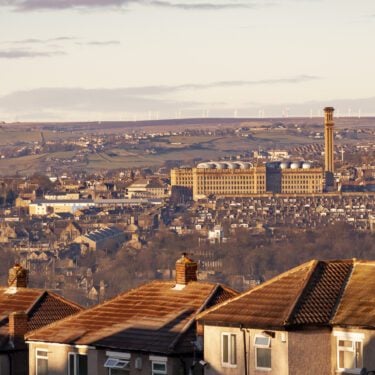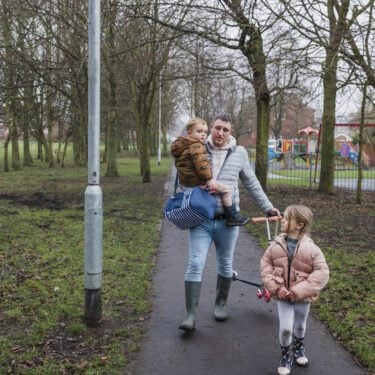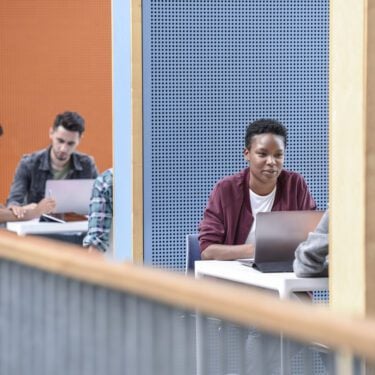-
Tom WatersInstitute for Fiscal Studies
-
Carl EmmersonInstitute for Fiscal Studies
-
Professor Sir Richard BlundellUniversity College London
-
Professor Monica Costa DiasInstitute for Fiscal Studies
-
Dr Peter LevellInstitute for Fiscal Studies
-
Xiaowei XuInstitute for Fiscal Studies
Project overview
This project will investigate emerging and long-standing trends in inequality, producing evidence to inform proactive and effective policymaking in the following areas: working from home, climate change policy, and the labour market and mental health circumstances of young adults.
Why this project is important
Inequality remains a critical challenge, potentially exacerbated by new trends such as remote work, climate change policies, and the circumstances of young adults now entering the labour market. Existing research often fails to address these issues comprehensively or proactively, instead focusing on mitigating consequences after they arise.
This project will build on the Nuffield-funded Deaton Review of Inequalities, which provided a comprehensive overview of UK inequalities and highlighted the damaging economic and political effects of reactive approaches, by providing policymakers with actionable evidence to ensure informed policy responses.
The research team will answer the following questions:
- How is working from home affecting labour market inequalities – such as in pay and career progression – by gender, occupation, education, ethnicity and geography?
- How can we design a policy package – energy taxes, benefits, and retrofitting homes – that accounts for behavioural change and reduces carbon emissions without increasing inequalities?
- What are the circumstances of young adults now entering the labour market in terms of early labour market outcomes, mental health, and disability benefit receipt? How do their outcomes relate to childhood circumstances? Which groups are facing particular challenges and what might their later life outcomes look like?
What it will involve
The research will involve the following:
Work from home
- Analyse trends in remote work and its impact on inequalities using household survey and wage data.
- Study causal effects on job quality, job satisfaction, and gender disparities.
- Examine how remote work affects career progression, particularly for mothers.
Climate change policy
- Use linked data to quantify the effects of energy taxes, retrofitting, and benefits on emissions and inequality accounting for the way in which these policies affect home energy usage including how they differently target higher and lower energy use households.
- Develop a unified framework for optimal policy design.
The rising generation
- Use newly available data to study young adults’ labour market outcomes, mental health, and social mobility using cohort data.
- Examine links between childhood circumstances and adult challenges.
How it will make a difference
Findings will be shared with policymakers in central and regional government departments; the general public, through reports, media coverage, and interactive digital tools; and academic and policy communities via public events, podcasts, and seminars. Public engagement activities will highlight cross-cutting themes, while targeted meetings with policymakers will ensure evidence informs proactive reforms.













































